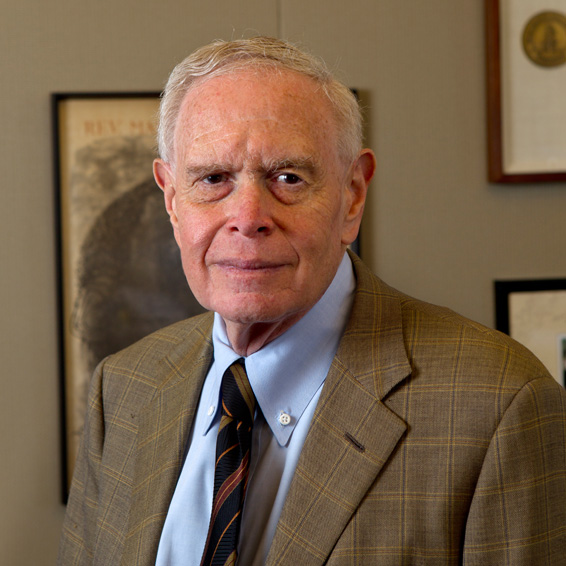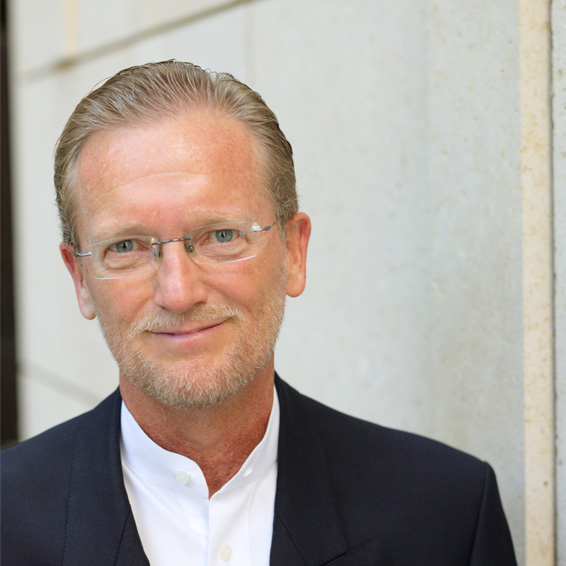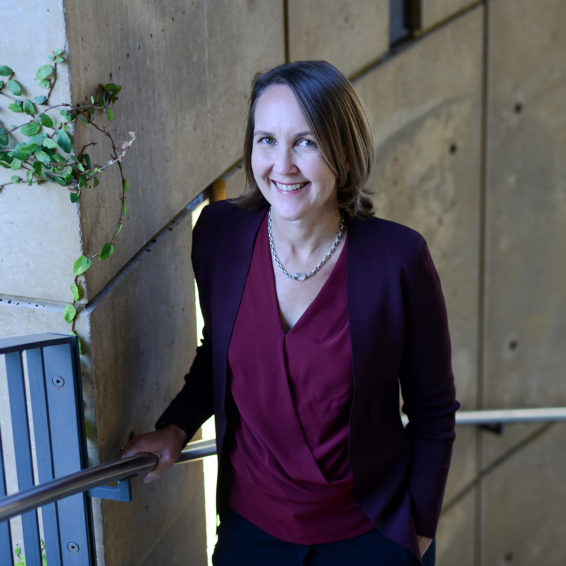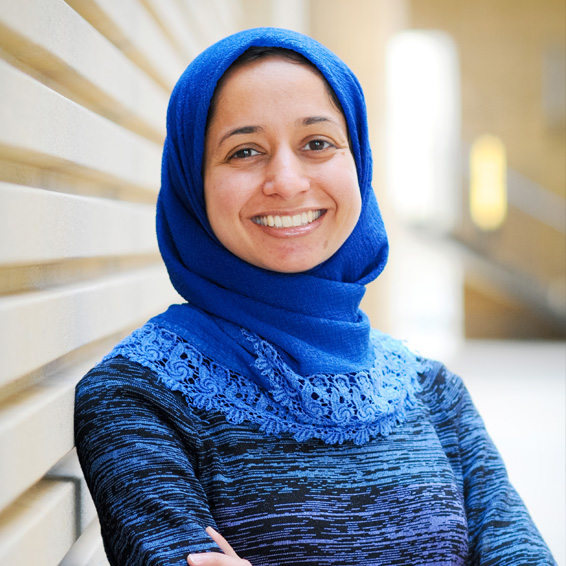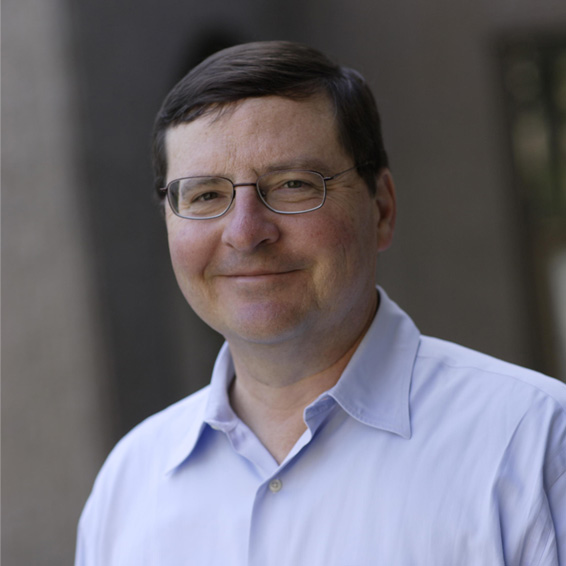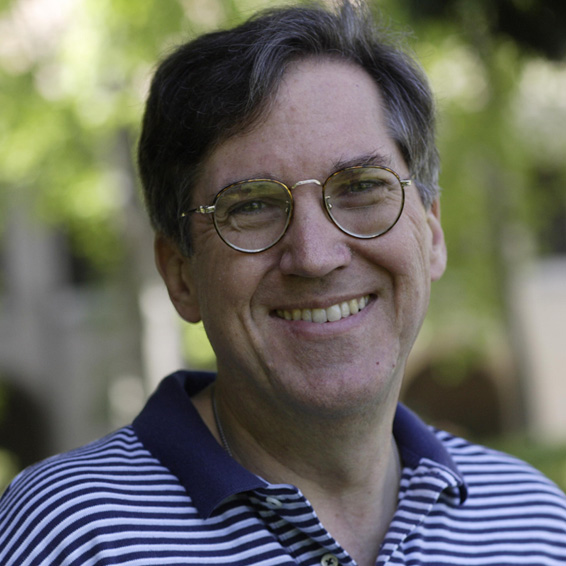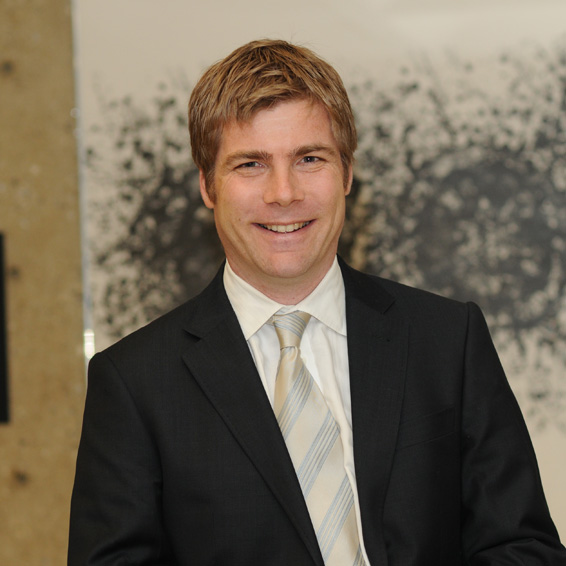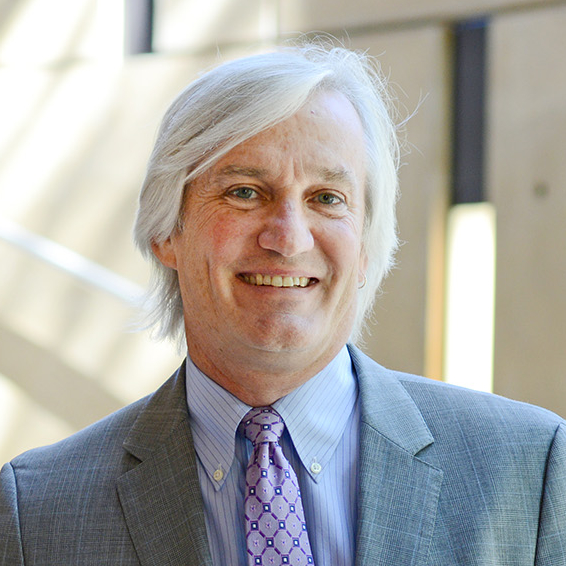Law and International Policy Studies
JD/MA
Lawyers have historically played a vital role in international policymaking — either as legislators, regulators, or government officials charged with developing and administering the foreign policy or international law; as leaders in international organizations; as legal experts in public interest nongovernmental organizations or research institutions; or as practitioners responsible for advising private actors about the law’s application to their conduct in a transnational environment. As a result of globalization and ever-expanding international interdependence, lawyers will increasingly expected to master international policymaking functions in our global environment.
Supplementing the strengths of Stanford Law with preparation through Stanford’s Ford Dorsey International Policy Studies (IPS) program, this joint degree provides students with the training and perspective to work across geographic boundaries and break down disciplinary barriers. Graduates gain the analytical tools and policy skills to function as lawyers, advocates, and policymakers across international issue areas and in diverse policy arenas, to see connections that others miss, and to describe and explain those connections so that others will then see them, too. IPS students choose an area of concentration among the following options:
- Democracy, Development, and Rule of Law
- Energy, Environment, and Natural Resources
- Global Health
- International Political Economy
- International Security and Cooperation
Recipients of Stanford’s joint JD and IPS degrees are prepared to practice law in the public sector as government officials, as lawyers working for nongovernmental organizations in such fields as international human rights and international environmental law, or in the private sector representing clients in transnational domains particularly sensitive to matters of public policy. Graduates may also go on to legal or policy positions in federal executive branch agencies with international responsibilities, in Congress, with international organizations, with nongovernmental organizations active on international issues, with law firms with a substantial transnational practice, with think tanks and policy consulting firms, or with multinational corporations in policy-sensitive sectors.
Course Requirements
JD/IPS students ordinarily commence their study in the law school, and must be enrolled full time in the law school for their first year. They spend their second year taking core IPS courses. During their third and fourth years students take a mix of JD and IPS courses, including courses in their selected area of policy concentration. Students must satisfy the requirements for both the JD and the MA degrees as specified in the Stanford Bulletin or elsewhere.
The law school shall approve courses from the IPS program that may count toward the JD degree, and the IPS program shall approve courses from the law school that may count toward the MA degree. As many as 54 quarter units of approved courses may be counted toward both degrees. No more than 31 quarter units of courses that originate outside the law school may count toward the law degree.
The maximum number of law school credits that may be counted toward the MA in the IPS program is 22.5 quarter hours. The program plan for each joint JD/IPS degree student must be approved by his or her law school and IPS advisors.
Note to applicants: The Knight-Hennessy Scholars program awards full funding to Stanford graduate students from all disciplines, with additional opportunities for leadership training and collaboration across fields. Joint Degree applicants are encouraged to apply to the Knight–Hennessy Scholars Program. Please be aware that the Knight-Hennessy Scholars applications are due in early Autumn one year prior to enrollment. View dates and deadlines: knight-hennessy.stanford.edu/dates-and-deadlines.

